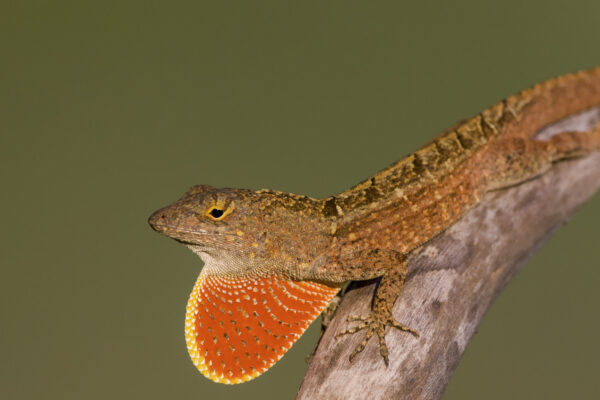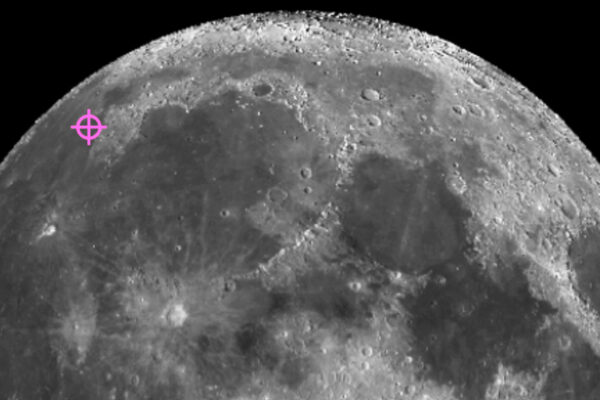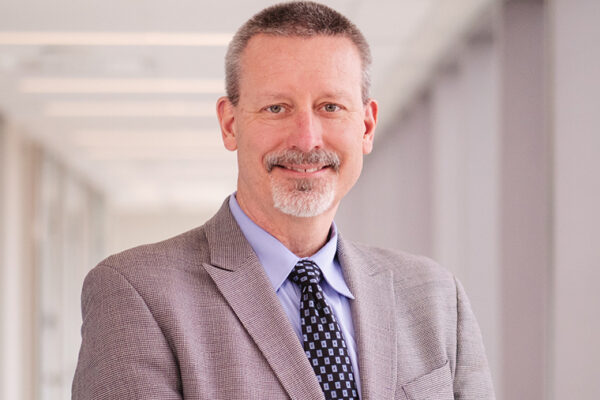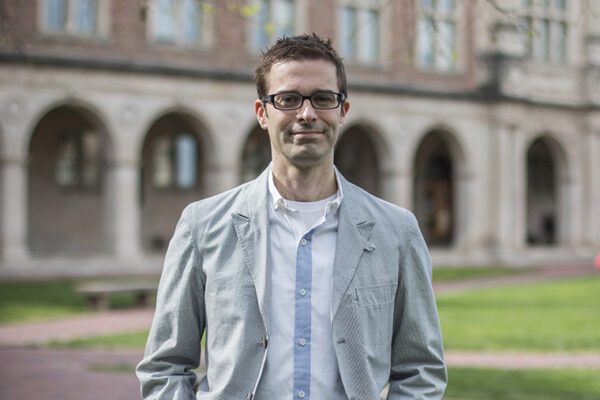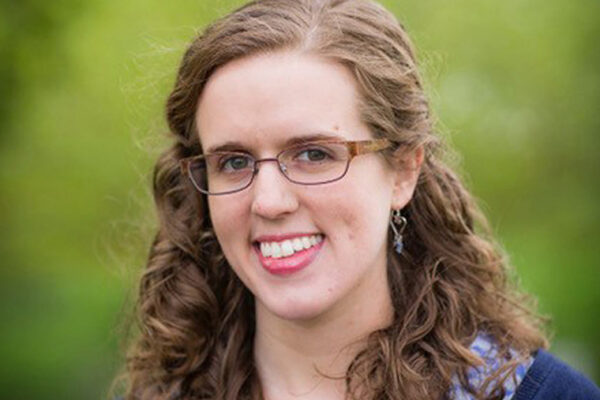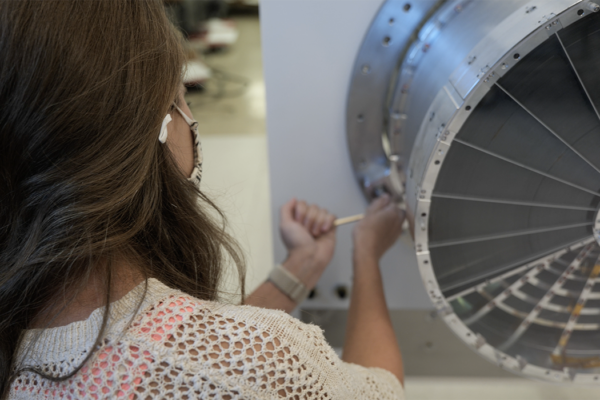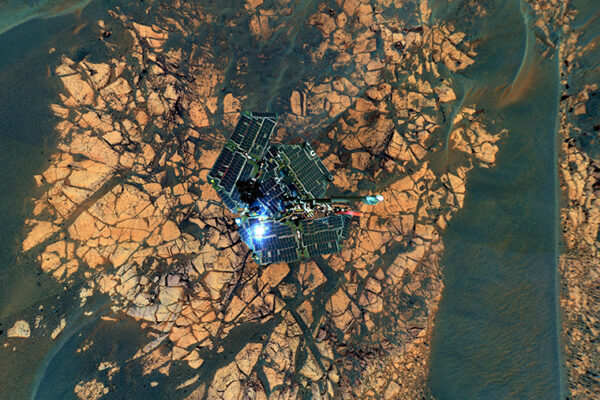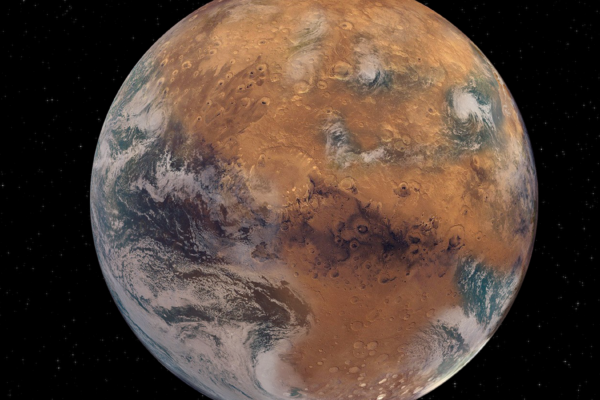The new-new kids on the block: hybrid lizards
New research from the laboratory of Jonathan Losos begins to unravel one of the major mysteries of invasion biology: why animals that tend not to hybridize in their native range abandon their inhibitions when they spread into a new land. The study is published the week of Oct. 11 in the Proceedings of the National Academy of Sciences.
Chang’e-5 samples reveal key age of moon rocks
A lunar probe launched by the Chinese space agency recently brought back the first fresh samples of rock and debris from the moon in more than 40 years. Now an international team of scientists, including Bradley Jolliff in Arts & Sciences, has determined the age of these moon rocks at close to 1.97 billion years old.
Loomis to study novel molecular reaction pathways and dynamics
Richard Loomis, professor of chemistry in Arts & Sciences, received a three-year $700,000 grant, with a collaborator at Marquette University, from the National Science Foundation to study highly energized molecules’ reaction pathways.
‘Fight or flight’ – unless internal clocks are disrupted, study in mice shows
Neuroscientists in Arts & Sciences discovered that the daily release of hormones depends on the coordinated activity of clocks in two parts of the brain, a finding that could have implications for human diseases.
Mathematician Kerr wins NSF grant
Matthew Kerr, professor of mathematics and statistics in Arts & Sciences, received a $164,784 grant from the National Science Foundation for a project titled “Asymptotic Hodge Theory, Fibered Motives and Algebraic Cycles.”
Anderson receives national research award
Sarah Anderson, a postdoctoral research associate in biology in Arts & Sciences, won the Ruth L. Kirschstein National Research Service Award from the National Institutes of Health (NIH), a three-year fellowship valued at about $200,000.
XL-Calibur telescope to examine the most extreme objects in the universe
Researchers led by physicist Henric Krawczynski in Arts & Sciences completed initial construction on XL-Calibur, a new balloon-borne telescope designed to measure the polarization of high-energy X-rays from black holes, neutron stars and other exotic celestial objects.
$11.8 million award renews planetary geosciences data effort
Scientists in the Department of Earth and Planetary Sciences in Arts & Sciences will continue to archive and distribute digital data related to the study of the surfaces and interiors of terrestrial planetary bodies under a five-year cooperative agreement with NASA.
Mars habitability may have been limited by its small size
Research led by Kun Wang in Arts & Sciences suggests a fundamental reason why Mars has no liquid water on its surface today: it may be just too small.
Behold the humble water flea, locked in a battle of mythological proportions
Biologist Rachel Penczykowski in Arts & Sciences sizes up an unlikely natural phenomenon: when parasitism actually causes the number of hosts to increase, an effect known as a hydra effect. Her study of common water fleas and their fungal parasites includes laboratory components and an analysis of 13 fungal epidemics in nature.
View More Stories
